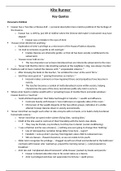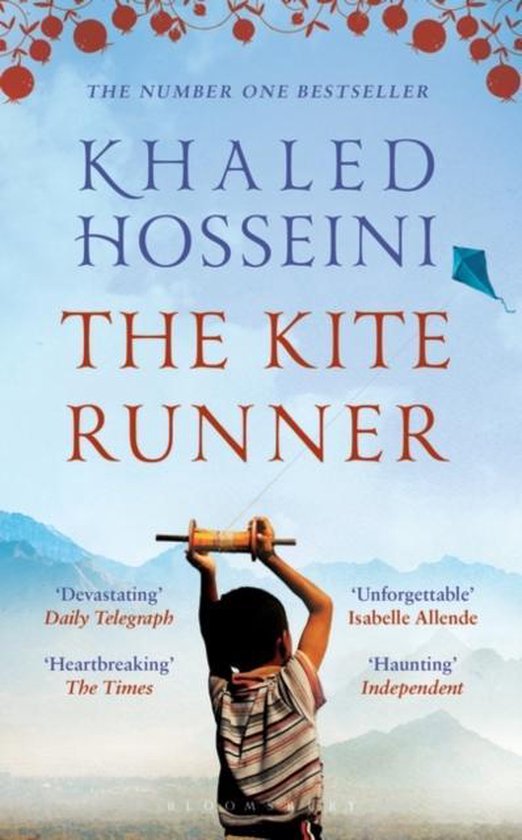Summary
Summary Kite Runner Quotes
- Course
- Institution
- Book
Thorough analysis of a variety of quotes from The Kite Runner by Khaled Hosseini. Includes complete examination of character arcs, the treatment of women in the novel, as well as an examination of thematic ideas that perpetuate itself throughout the book.
[Show more]





